Members of Civil Society Organisations (CSOs) have poured into the streets in Edo and Osun states over the economic hardship in the country.
Inflation has reached 29 percent in Nigeria and with the subsidy on fuel removed, the cost of living has spiked in recent months. This has triggered debates and protests in some parts of Nigeria.
To register their grievances over the economic hardship induced by these, the CSOs stormed the streets in Benin City and Osogbo, the capital cities of Edo and Osun states respectively.
READ ALSO:
Seven Killed in Stampede During Customs Rice Distribution in Lagos
In Benin City, the protesters marched from Kings Square to Akpakpava Road and carried placards with diverse inscriptions such as “End Economic Hardship” and “FG End the Hunger in Nigeria Now,” to drum home their points.
The governorship candidate of the New Nigeria Peoples Party (NNPP) for the September 2024 poll Dr Azemhe Azena was among the protesters in Edo State.
It was a similar situation in Osogbo where the protesters converged at Nelson Mandela Park in the capital city. They are calling on the Federal Government to “End the High of Living”.
Monday’s protests are the latest in demonstrations over the high cost of living in Nigeria. Exactly a week ago, hundreds demonstrated in the southwestern city of Ibadan voicing anger at President Bola Tinubu’s leadership.
The protesters carried placards saying “End bad government”, “End food scarcity” and “End Nigerian hardship”.
READ ALSO:
NLC Insists on Planned Protest, Knocks DSS
Before their demonstration, they were also protests in the North-Western state of Kano and also in Niger State in the country’s North-Central region.
Since coming to office last year Tinubu ended fuel subsidies and currency controls, leading to a tripling of petrol prices and a spike in living costs as the naira slid against the dollar.
Despite the growing concerns about the economy, President Tinubu has repeatedly called for patience to allow his reforms to take effect, saying they will help attract foreign investment, but the measures have hit Nigerians hard.

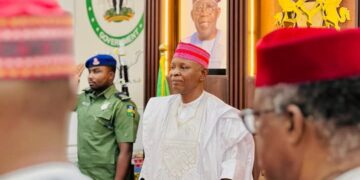

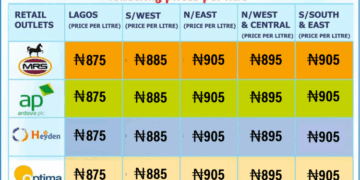

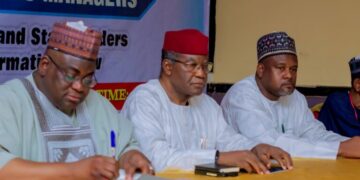

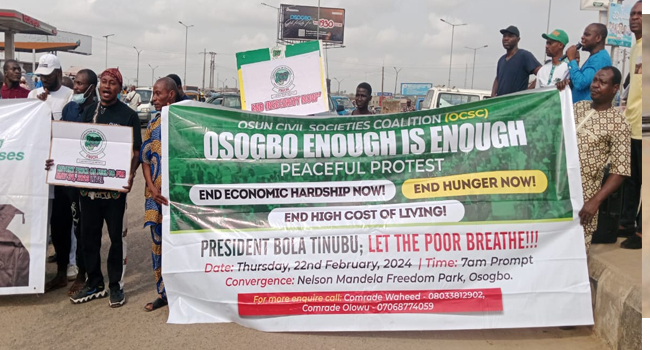





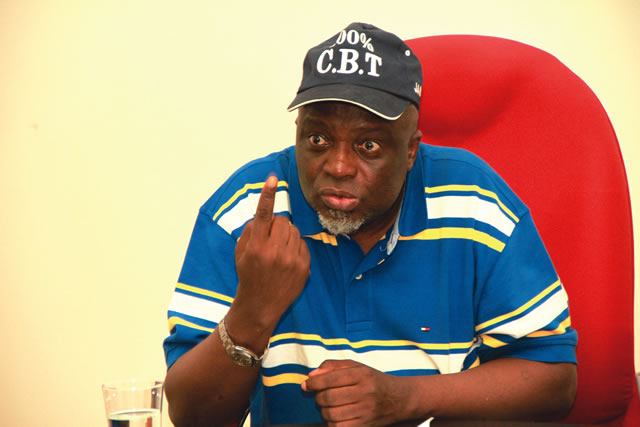
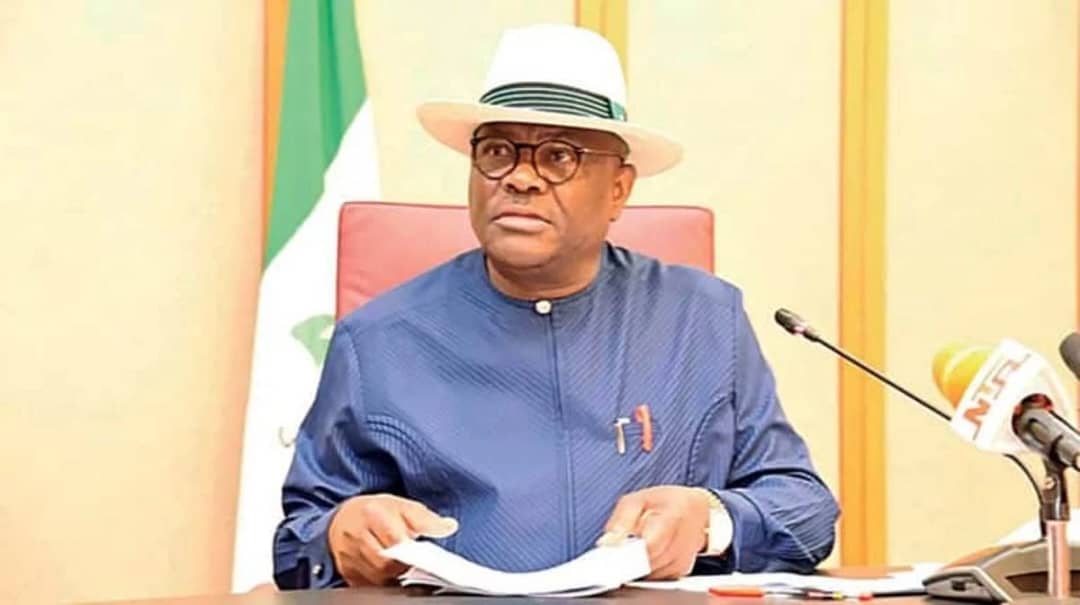
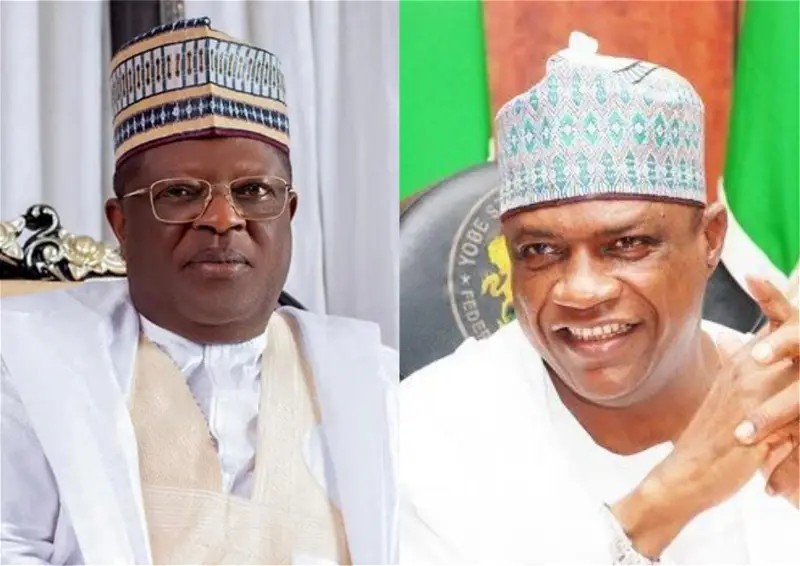




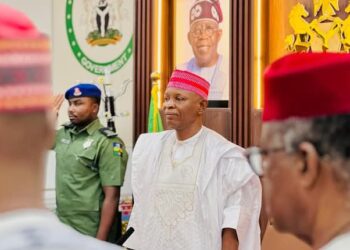


 You can install this WP plugin on your website from the WordPress official website:
You can install this WP plugin on your website from the WordPress official website: 